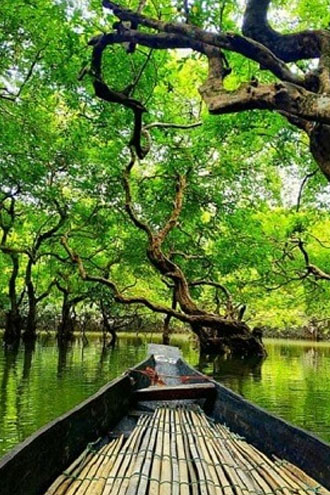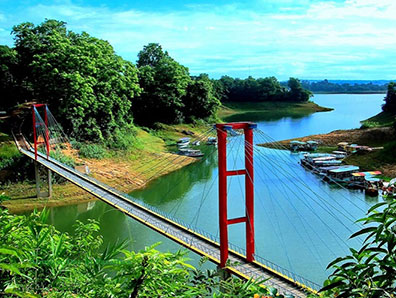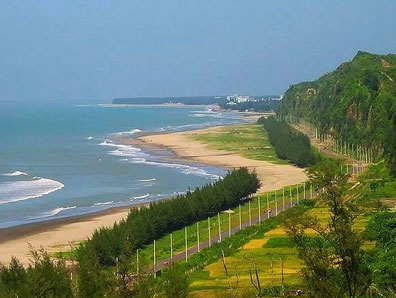Tuvalu is a small island nation located in the Pacific Ocean, about halfway between Hawaii and Australia. It is made up of 9 coral atolls and islets and has a total land area of just 26 square kilometers. The capital and largest city is Funafuti. The official languages are Tuvaluan and English, and the currency is the Australian dollar. The population of Tuvalu is around 11,000 people.
Tuvalu's economy is primarily based on subsistence agriculture and fishing, with a small amount of revenue generated from tourism and the sale of postage stamps and coins. The country faces many challenges due to its small size and vulnerability to the impacts of climate change, such as rising sea levels and increased frequency of natural disasters.
The history of Tuvalu is closely linked to its Polynesian heritage. The islands have been inhabited for thousands of years by Polynesian peoples, and have been known by various names throughout history. The British established a protectorate over the islands in 1892, and they became part of the British Gilbert and Ellice Islands colony in 1915. Tuvalu gained independence from the UK in 1978.
Tuvaluan culture is heavily influenced by its Polynesian heritage, with traditional customs and practices such as dance, music, and storytelling still widely practiced. The islanders are known for their friendly and welcoming nature and their strong sense of community. Tuvalu is also known for its beautiful beaches, coral reefs, and marine life, and it's an excellent place for snorkeling and diving.
Tuvalu is a parliamentary democracy and constitutional monarchy, with the British monarch as the head of state and a Prime Minister as the head of government. The Constitution of Tuvalu, adopted in 1978 when the country gained independence from the United Kingdom, sets out the system of government and the rights and responsibilities of citizens.


